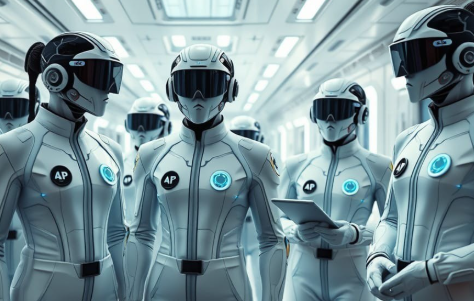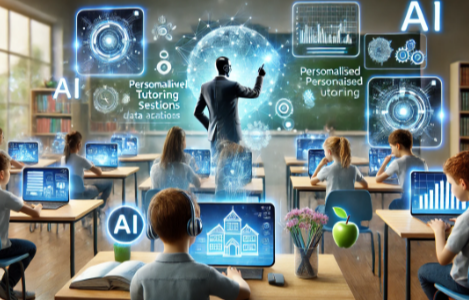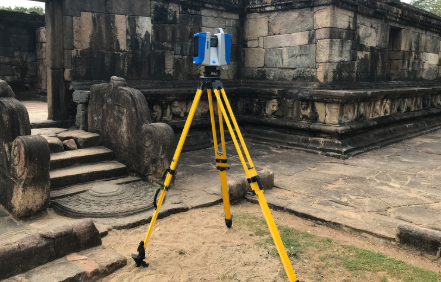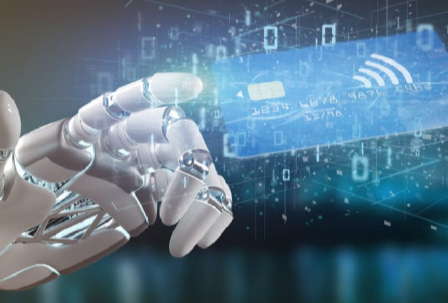The evolution of technology showcases humanity’s relentless pursuit of innovation. Beginning with rudimentary stone tools, societies learned to manipulate their environments effectively. The subsequent emergence of industrial machinery revolutionized production and labor. As the Digital Age unfolded, access to information transformed communication. Now, artificial intelligence represents a pivotal shift, raising profound ethical questions. This trajectory prompts reflection on how these advancements shape human experience and societal norms. What implications lie ahead for our future?
The Dawn of Toolmaking: From Flint to Bronze
As humanity emerged from the depths of prehistory, the development of toolmaking marked a pivotal turning point in its evolutionary journey.
Stone implements evolved through prehistoric innovations, laying the groundwork for advanced metalworking techniques.
Ancient craftsmanship flourished, enabling societies to manipulate their environments more effectively.
This transformative period not only fostered survival but also ignited creativity, shaping the trajectory of human progress and freedom.
Read more: How 5G Will Transform the Future of Connectivity
The Industrial Revolution: Machinery and Mass Production
The Industrial Revolution represents a monumental shift in the fabric of human society, characterized by the advent of machinery and the rise of mass production.
Steam engines powered factory systems, initiating profound labor changes and urban migration. Increased productivity fueled the demand for consumer goods, while mechanized agriculture transformed farming.
However, this technological innovation also raised concerns about industrial safety, highlighting the complexity of progress.
The Digital Age: Computers and the Internet
Following the transformative impact of the Industrial Revolution, society witnessed another significant evolution with the emergence of computers and the Internet, which redefined communication, information sharing, and productivity.
Digital communication became instantaneous, while social networking platforms fostered unprecedented connections.
This era not only liberated information access but also empowered individuals to express themselves freely, reshaping societal interactions and cultural dynamics in profound ways.
The Rise of Artificial Intelligence: Transforming the Future
While many technological advancements have reshaped society, the rise of artificial intelligence (AI) stands out as a pivotal force with the potential to redefine human interaction and industry.
Machine learning and cognitive computing drive this transformation, enhancing automation impact across sectors.
However, the ethical implications of AI demand careful consideration, as society navigates the balance between innovation and the preservation of human values and freedoms.
Conclusion
As humanity stands on the precipice of an unprecedented technological era, the journey from rudimentary stone tools to the intricate web of artificial intelligence reflects a relentless quest for innovation. This evolution, akin to a river carving its path through stone, not only shapes our environment but also challenges our ethical foundations. The future, illuminated by the glow of screens and algorithms, beckons us to navigate its complexities with wisdom, ensuring that our creations enhance rather than eclipse our humanity.



